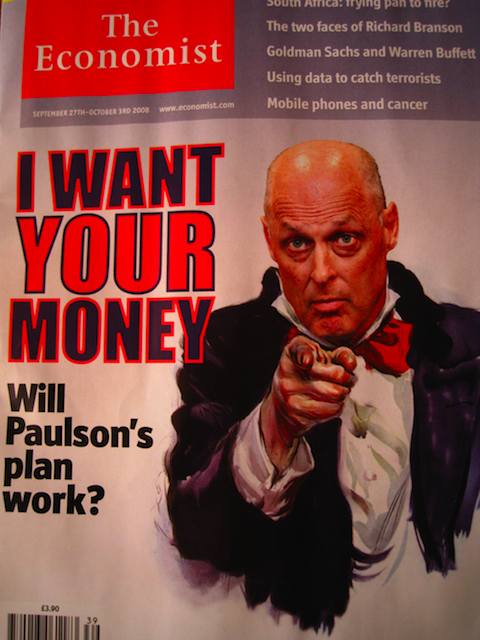This morning’s Observer column…
‘We are all,’ said Keynes, ‘the slaves of some defunct philosopher.’ The question that will increasingly preoccupy mobile-phone executives from now on is which deceased sage is more appropriate for their product. Up to now, the relevant thinker has been Lenin – who, you may remember, was a control freak. Given that most mobile operators had their origins in traditional telephone companies – which liked to think they ‘owned’ their customers – this is hardly surprising. These outfits have control freakery in their corporate DNA.
Last week, the first mobile phone based on Google’s Android operating system was released by T-Mobile in the US. (The network is bringing it to the UK in November.) The philosophy underpinning the device is radically different from anything we have seen thus far in the mobile-phone market. The world is about to become a more interesting place. And what happens next could have far-reaching implications…
CORRECTION: An observant reader, Duncan Thomas, has just spotted an error in the piece as published. The piece says that “the most important difference [between the Google phone and the iPhone] is that the Android software ecosystem will not be an uncontrolled, open space”. That ‘not’ ought to have been deleted. Drat and double drat.
LATER: Webmonkey’s five reasons why Android might do the business
1. It promises to run on most modern smart phones – More cell networks will support Android than iPhone does — the iPhone is bound to just AT&T. Mobile providers NTT DoCoMo, Sprint Nextel, T-Mobile and more have committed to the project. Also, more handsets will operate on it. You might even get more life out of your old phone if it supports it. Handset manufactures HTC, LG, Motorola and Samsung have already signed on.
2. It’s open-source software – Any programmer can whip up some code to match popular features from any other phone. Under the Apache license, any programmer can take the code and port their own version of the OS.
3. It has support for Google products out of the box – The latest Android demonstration displayed the phone’s compass prominently in Google Maps. You can bet Google will have the latest and greatest features of their software running on Android before it hits other operators.
4. Third-party developers have more access – iPhone prohibits people from using its internet capabilities for things like VoIP or an alternative browser. Android’s API allows you to create an application for anything, even the dialing software. The evidence is in the 50 applications already developed for the Android Developer Challenge last May.
5. Android allows for ‘unlocked’ phones – Most handsets in America, including the iPhone, are locked by software to a cell phone provider’s network. While there are various ways to jailbreak, it’s not easy and might break your terms of service. The availability of downloading and installing your own unlocked OS might just change the game in respect to shopping for mobile phone providers and signing contracts. If this method gets more popular, it is conceivable phone networks may drop the contracts in lieu of (better) European pre-pay pricing.



